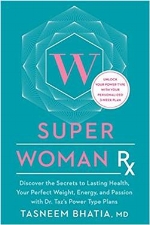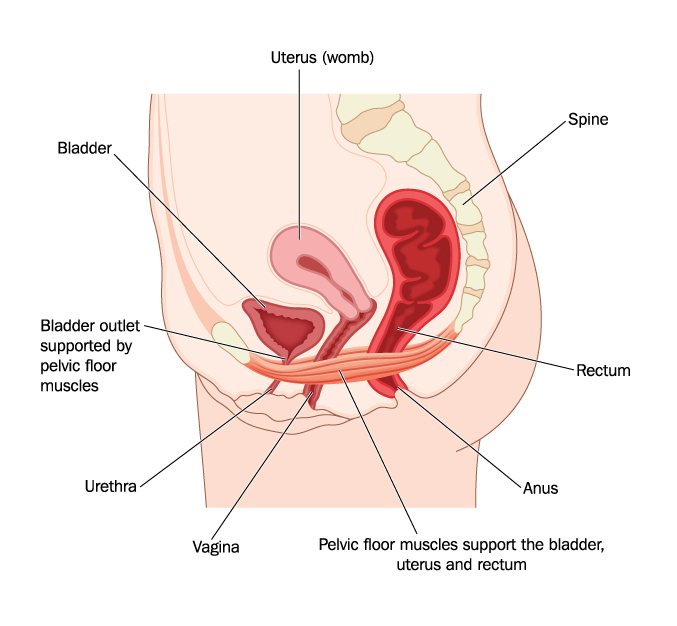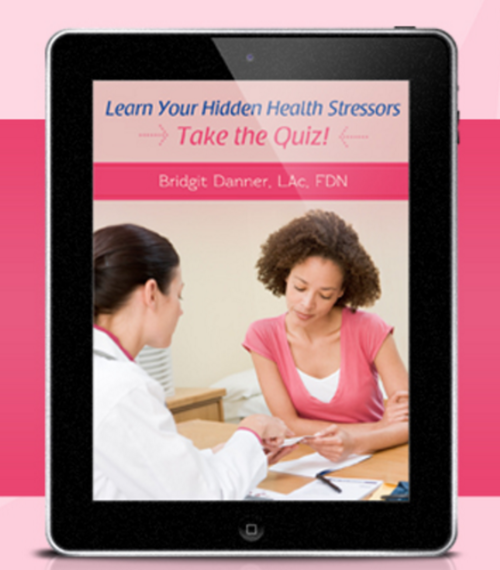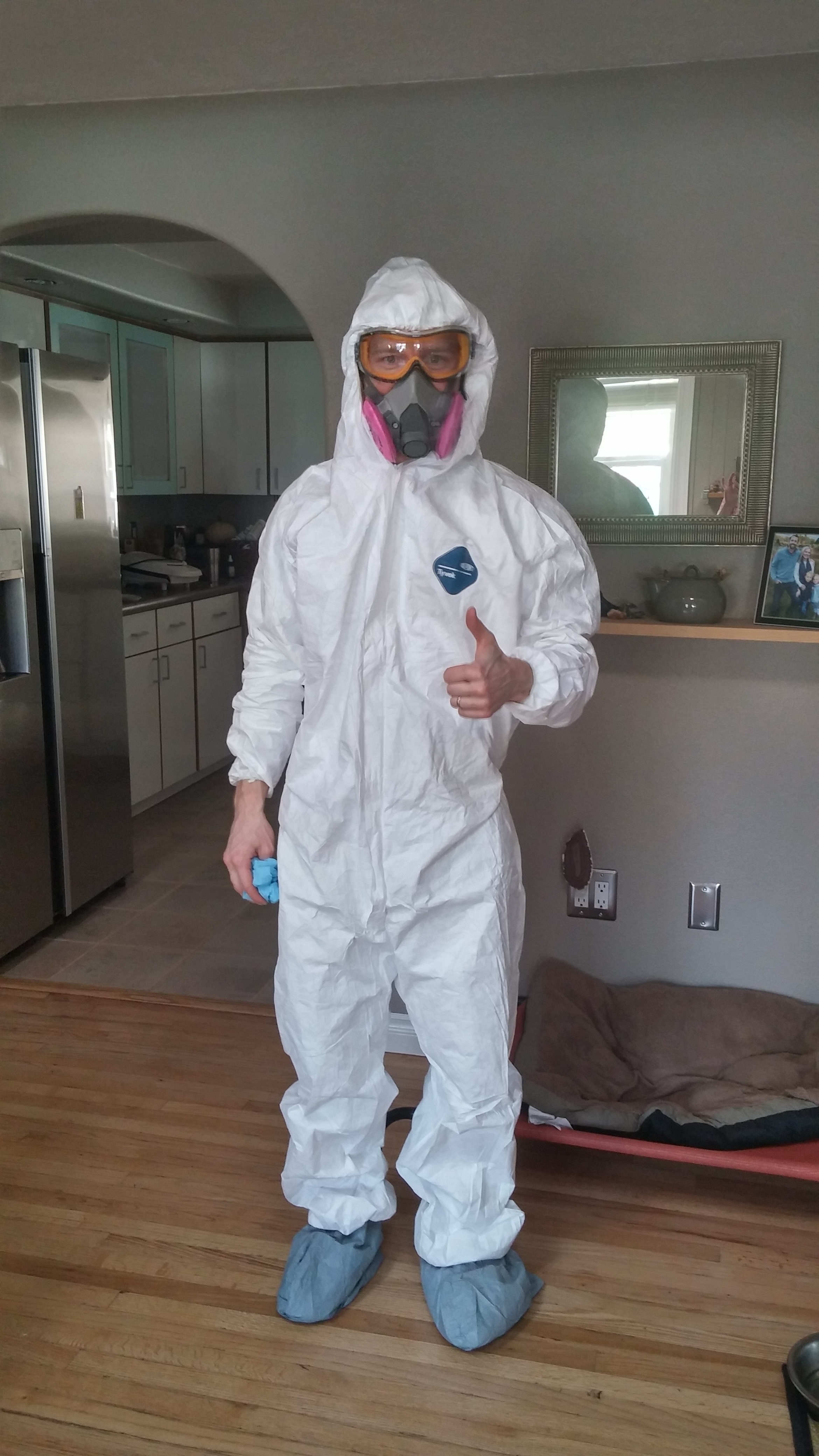Do you meditate? Would you like to start, or be more consistent? Or just be a part of a community that is meditating together?
The Benefits of Meditation
When I challenge myself to meditate daily, I notice the benefits more, and I tend to want to continue.
Meditation can decrease feelings of stress, anxiety and depression. It can increase focus and lower blood pressure. It can lower inflammation, and reign in the symptoms of pain, PMS and menopausal fluctuations.
It can increase energy and balance blood sugar. It can increase feelings of love and connection in your relationships.
In short, meditation can improve just about whatever ails you! In my opinion, it's best to just do it, and see what happens. When I was young and meditating, I was always waiting for some dramatic effect. But really it's the subtle things that you'll notice first, like that you're not yelling as much, or feeling as worried.
How to Do This Meditation Challenge
This meditation challenge is flexible. The main goal is that you meditate everyday for a month.
You can start today, or start tomorrow. You can meditate in silence, or with a guided audio track or music. You can sit or lay down. You can even walk peacefully outside.
It is recommended to use a timer to mark the start and end of your meditation. This creates a clear framework for the experience.
If you are coming to this blog as a new meditator, or a new mom, or a self-diagnosed ADD busy lady, you can start this meditation challenge with just 1 minute a day if you want! Even with that, you are creating awareness and starting a new habit. If you choose to go longer, you certainly may, but don't feel obligated.
If you are a more experienced meditator, you may want to challenge yourself to meditate a little longer, or twice a day. If you are a sporadic meditator like me, just challenging yourself to be a daily meditator will have value.
There is no value is comparing yourself to others in this challenge! We are all in a different place, and simply here to support one another and be in community.
How to Create a Habit
The best way to create a habit is to do it at the same time and place, as much as is possible. If you travel or have a change of schedule, you'll need to think ahead to be sure to remember to do your meditation.
An example of meditating in the same environment could be: "Every morning after the kids leave for the school bus, I will get a cup of tea and my egg timer, sit in the comfy chair by the window, and meditate for 15 minutes."
This way when you realize the kids have left, you'll go do your meditation. Now, you might be tempted to clean the kitchen instead, or want to check your phone. But you've dedicated yourself to your routine, you will resist that urge!
If you do decide over time that you'd like to clean the kitchen first, just change your sequence and stick to it.
Another example: "Every time after I brush my teeth at night, I will dim the lights, crawl into bed, and use the meditation app on my phone for at least 5 minutes."
Meditation Resources
I wanted to share the app I usually use to meditate. It's called Insight Timer, and I have it on my Android phone, but it's on iPhone too. It's a free app.
Insight Timer can be used as a straight timer, and there are many guided and musical meditations.
If I am feeling a certain emotion, I look for a meditation to address it. Here are a few meditations I like:
























































